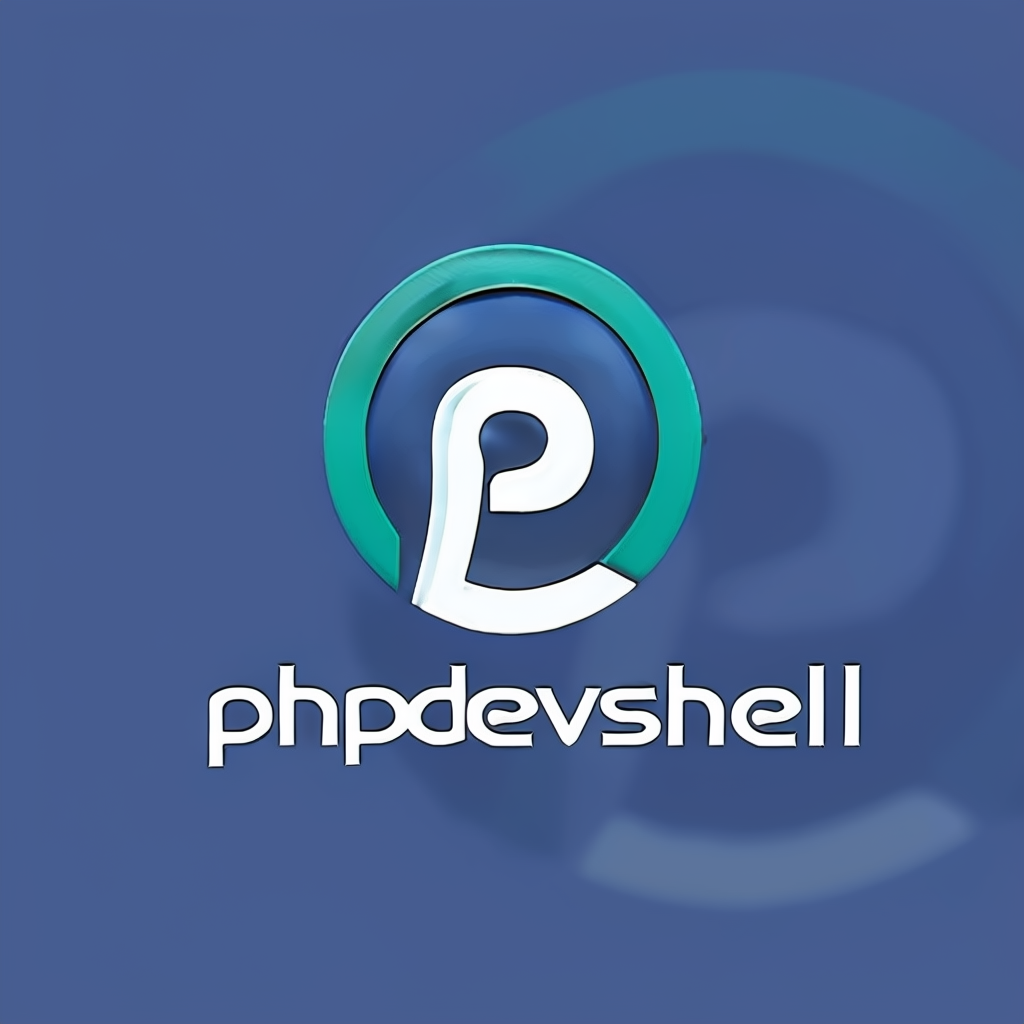Unlock generative AI’s potential by joining expert-led workshops designed to build practical skills and strategic insights. These interactive sessions offer hands-on projects, real-world applications, and tailored learning paths to help businesses innovate, lead, and compete in today’s AI-driven landscape—whether you’re new to AI or expanding advanced expertise.
Generative AI Training Opportunities: Courses, Workshops, Curriculum, and Outcomes
To meet varied needs in 2025, learners and professionals can access an array of formats—ranging from self-paced online courses to instructor-led workshops and blended solutions—and those looking to gain practical expertise can enroll in generative AI training across major global platforms and specialist providers. Immediately after registration, individuals receive access to structured curricula that blend essential theory with pragmatic, real-world exercises, ensuring that skills apply in industrial, technical, and creative contexts.
Additional reading : Effective corporate web design: boost your brand's authority
Most programs begin with foundational modules explaining generative models like GANs and VAEs—covering core AI concepts, neural networks, data handling, and the ethical boundaries that shape responsible AI use. Learners gradually advance to hands-on training with leading platforms such as Google Cloud, AWS, and IBM, addressing AI implementation strategies, practical prompt engineering, and content generation across text, visual, and audio media. Depending on their chosen path, participants can focus on role-based development: for example, AI training for developers, data scientists, business leaders, or digital content creators.
Sessions often take multiple forms:
In the same genre : Top Benefits of Hiring a CRM Automation Specialist
- Virtual workshops designed for teams or individuals;
- Short, targeted bootcamps tackling advanced topics like reinforcement learning or transformer models;
- Interactive labs for project prototyping and tool mastery.
Each provider transparently lists learning objectives, expected duration (from one-off afternoon workshops to multi-week certificate programs), audience suitability, and pricing structures. Trail options—free previews or capped trials—allow for risk-free exploration before committing. Progress is rewarded with certificates or credentials, contributing directly to career growth, especially in fast-evolving sectors where generative AI skills are now in high demand.
Curriculum Breakdown and Learning Paths in Generative AI Education
Foundational and Advanced Concepts: GANs, VAEs, Machine Learning, Deep Learning
Beginner generative ai tutorials help learners understand foundational topics such as machine learning fundamentals, neural networks, and the architecture of models like GANs and VAEs. Deep learning bootcamps dive deeper, exposing participants to advanced ai techniques workshops, including reinforcement learning and transformer architectures.
Practical generative ai sessions offer exposure to essential tools and programming libraries, guiding learners through real-world model building and data processing. Courses such as ai workshop curriculum and generative ai project labs provide hands-on exercises tailored to various learning stages, from theory to application.
Skill Development: Prompt Engineering, Model Building, Application Deployment, Ethics in AI
Interactive ai learning modules emphasize ai skill development through prompt engineering, experimentation in generative ai project labs, and custom ai model training. Learners encounter ethical ai training and ai bias mitigation workshops to address model fairness and responsible use during ai for data scientists pathways.
Generative ai in marketing training and ai creativity training highlight deployment strategies, content generation, and creative applications using current ai frameworks and cloud platforms.
Role-Specific Learning: Leadership, Creative Technologists, Data Science, Developer Engineering
Leadership-focused ai training for enterprises and corporate ai training programs equip decision-makers with ai implementation strategies. Generative ai for creatives and ai-powered design courses assist creative technologists, while ai training for developers and ai for data scientists address technical upskilling needs through generative ai exploration and application-centered learning.
Format Comparison, Accessibility, and Real-world Applications
Online versus in-person and on-site workshop formats: benefits and limitations
Virtual ai training sessions and online generative ai workshops deliver unmatched flexibility. Participants can join from anywhere and engage with ai learning modules at their own pace. This fosters inclusivity while reducing travel costs for ai training for enterprises. However, in-person ai prototyping workshops and on-site ai team training programs offer richer, collaborative experiences—essential for hands-on activities and immediate feedback. Choosing between formats often depends on whether immediate collaboration or flexible scheduling is the priority.
Accessibility and inclusion: offerings for all skill levels and sectors
Corporate ai training programs and ai solution integration workshops increasingly support accessibility for beginners and experts alike. Language and subtitle options help bridge communication gaps, especially in global organizations. Sector-dedicated ai learning modules and public sector tracks enable targeted upskilling, making ai technical skills training more relevant to diverse fields like healthcare, marketing, and government.
Practical applications: transforming business and public sector
Ai for digital transformation has tangible results across domains. Generative ai industry use cases illustrate creative advances in marketing, design, and communications, while government ai learning modules highlight responsible innovation and ethical risk management. Ai training for enterprises and immersive ai team training programs empower organizations to experiment, prototype, and systematically implement end-to-end ai adoption. The continuous evolution of ai learning modules and ai prototyping workshops ensures that practical impact remains central to ongoing professional development.
Certification, Community, and Expert Guidance in Generative AI Learning
Credentials: Professional Certificates, Badges, and Career Advancement
Earning an ai training certification demonstrates your command of advanced generative AI skills and opens doors to higher-paying positions in technology fields. Professional certificates often validate competencies in hands-on ai training, deep learning bootcamps, and ai innovation workshops. These credentials help delineate your strengths in ai workshop facilitation, ai learning assessment, and practical generative ai sessions for potential employers or project partners.
Progressing through an ai workshop series or completing ai learning modules typically culminates in digital badges or industry-recognized certificates. Many organizations prefer candidates who have completed ai-powered innovation training and have shown mastery in ai learning technologies and experiential ai learning. This tangible proof of expertise is vital for ai career development and ai future skills development.
Community and Expert Support
Active ai community engagement accelerates skill growth. Interactive ai learning platforms connect participants with industry mentors and peers. Through online forums, live virtual ai training sessions, and ai workshop webinars, learners receive guidance, share resources, and collaborate on real-world projects. Regular access to expert instructors ensures learners gain insight into ai training best practices and ai workshop best practices which foster both knowledge retention and confidence in applying ai-powered solutions.
Course Selection, Customization, and Participant Feedback
Tailoring ai workshop scheduling and ai training customization options ensures learning paths fit individual or organizational goals. Platforms integrate ai learning assessment tools to track progress and gather participant feedback efficiently, supporting improvements in ai competency building and highlighting key needs for generative ai knowledge sharing.










